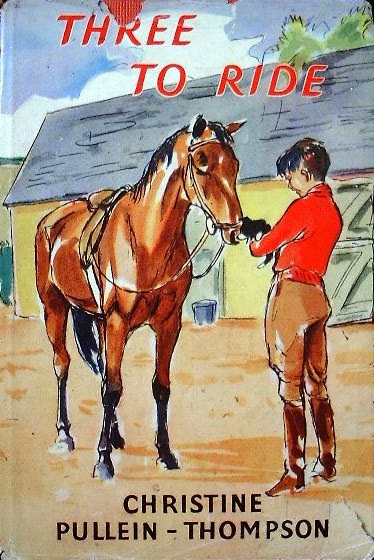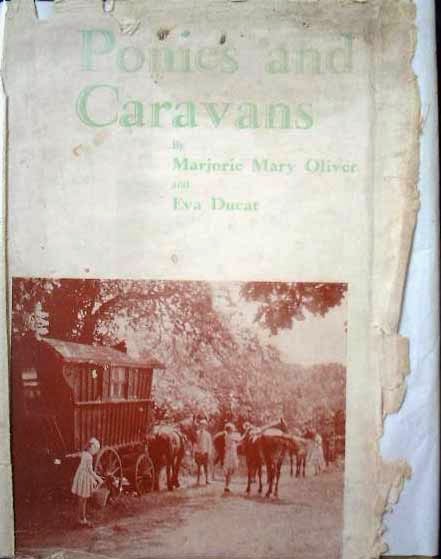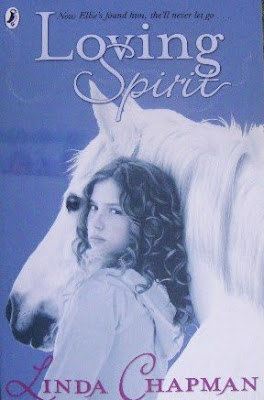PBOTD 31st May: Primrose Cumming - Silver Snaffles

Writing at the dawn of the pony book, Primrose Cumming was lucky. Publishers were not obsessed with series, and were prepared to allow Primrose to experiment with writing pony books that, by the end of her career, included most variations of the genre. Her first three books shot off in completely different directions. Doney (1934) was an experiment with the horse-telling-its story format, and Spider Dog (1936) an adventure more doggy than pony. With her third book, Silver Snaffles (1937), she made a leap into fantasy to produce the ultimate dream-come-true pony story. It is still in print, and has been loved by generations. Before Silver Snaffles, many horses and ponies had told their own stories, but here ponies talk to children directly, though only in a fantastic riding school reached by saying the password “Silver Snaffles”. Blackie, 1937, 1st edn, illus Stanley Lloyd Only children who do not have their own ponies can enter this magical world; this “Extraordinary Riding S...





.JPG)













